The Florence
Melton Adult
Mini-School
Summer 2009 - Course
Syllabus
A Certain People: The Jews of Persia
Instructor:
Dr. Marsha B. Cohen
E-mail: marbcohen@gmail.com

Persia’s Jewish communities date back over three
thousand years, even before the dispersion of the “ten lost tribes” of Israel and the Babylonian exile from Judea. Biblical Judaism was radically transformed by its
encounter with Persian culture 2500 years ago, which returning exiles brought
back with them. Persian Jews maintained trade ties with the medieval
Jewish kingdom of Khazaria, and established
Jewish communities and settlements all along the Silk Road in Central Asia,
including Kaifeng, China,
and in various parts of India. We will explore
the history and traditions of the Jews of Persia through biblical texts,
rabbinic literature, reports of medieval travelers and other primary resources
in order to gain unique insights into the evolution of Jewish belief and practice,
and to challenge and offer new directions to conventional Jewish
historiography. Preparatory readings
outside of class are available but optional—see below.
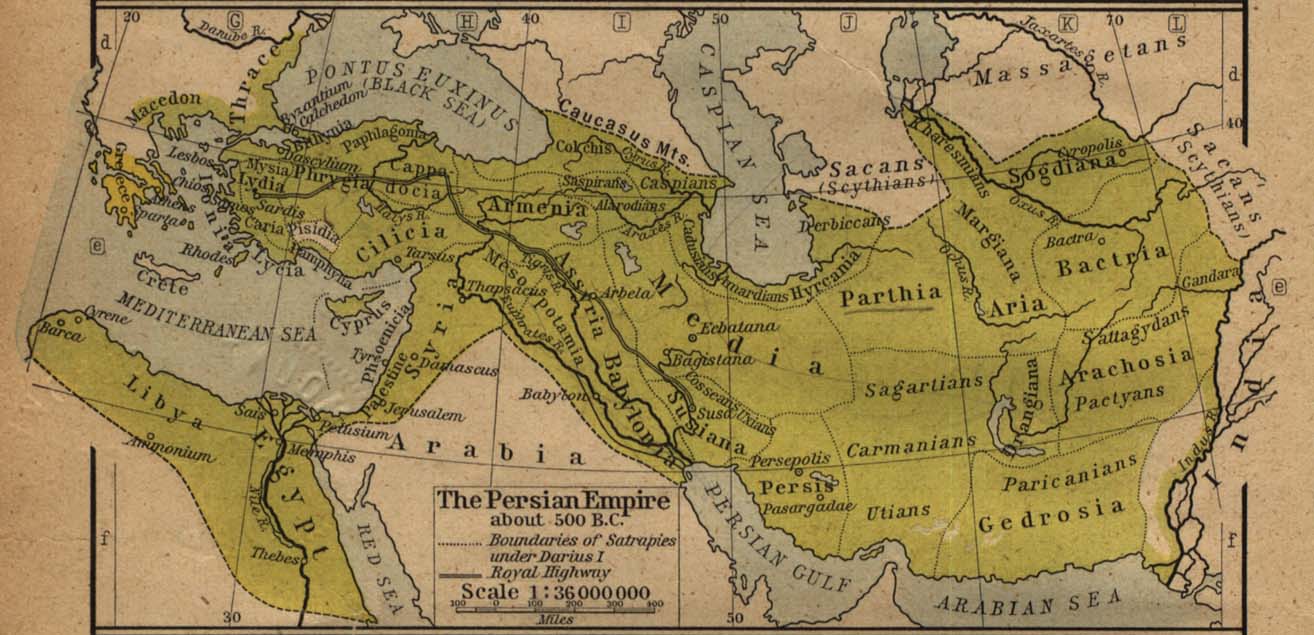
Course Outline
I. Ancient Persia. How Jews got to Persia and why they didn’t
leave. Zoroastrianism influences Judaism. Persian words (e.g. dat=law;
pardes=orchard) are incorporated into Hebrew,
and Aramaic, the spoken language of the Babylonian empire, becomes the spoken
language of Judea.
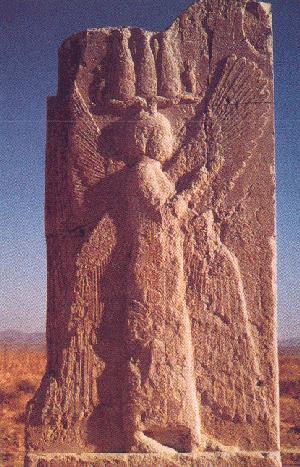 Roadmap #1
Readings
Babylonian Origins of the Purim Story
Roadmap #1
Readings
Babylonian Origins of the Purim Story
II. Persia in Late Antiquity and early
Medieval Jewish Sources. The Persian context of the
Talmud and Geonic literature.
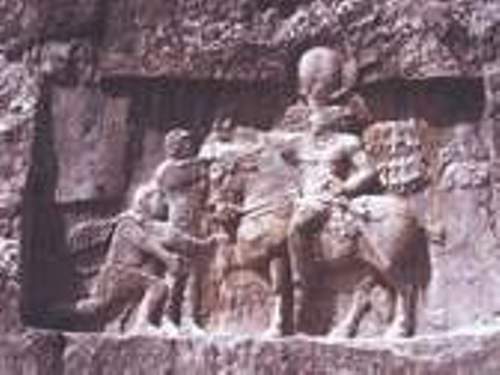 Roadmap #2
Readings
Zoroastrianism in Early Jewish and Greek Sources (handout)
Breaking New Ground in Ancient Persia
Historical Context of Stories in the Talmud
Persian Parallels with Talmudic Texts
Roadmap #2
Readings
Zoroastrianism in Early Jewish and Greek Sources (handout)
Breaking New Ground in Ancient Persia
Historical Context of Stories in the Talmud
Persian Parallels with Talmudic Texts
III. Travelers and Traders in Muslim Persia.
Jews establish communities in Bukhara, Samarkand and the mountain regions of the Caucasus, as
well as Afghanistan, China and India. Khorasan
(present day eastern Iran
and Afghanistan),
was home to Jewish ascetic, messianic sectarian groups
and freethinkers who resisted the authority of the Babylonian
academies.
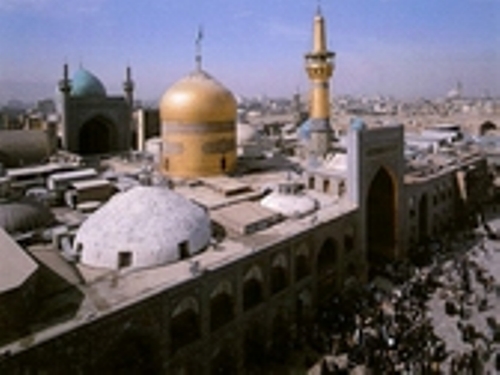 Readings
Early Karaism
Al Qirqisani on the Karaites and Other Jewish Sects
Hiwi the Heretic
Benjamin of Tudela
Azarbaijani Jewish History
Jews in China
Jews of Medieval Afghanistan
Readings
Early Karaism
Al Qirqisani on the Karaites and Other Jewish Sects
Hiwi the Heretic
Benjamin of Tudela
Azarbaijani Jewish History
Jews in China
Jews of Medieval Afghanistan
IV. Shiism
and Judaism. The decision of Shah Ismail to
adopt Shiism as the official religion of Persia 500 years ago set off a wave of
persecutions in the 16th and 17th centuries of Sunni and Sufi Muslims. What
is Shiism? Why were Shiites referred to by orthodox Sunni
heresiographers as "the Jews of Islam"?
 Readings
"Historical Background of the Religion of Shiism" (Note: this article has an anti-Shia agenda!)
A Shia Jewish Debate
Readings
"Historical Background of the Religion of Shiism" (Note: this article has an anti-Shia agenda!)
A Shia Jewish Debate
V.
Iranian
Jews: religion and politics in the 20th-21st
centuries. Persia’s
constitutional revolution of 1906. The
Pahlavi period and the Islamic revolution. Jews in Iran
today. Persian Jewish diasporas in Israel and the U.S. Present-day
Israeli-Iranian relations.
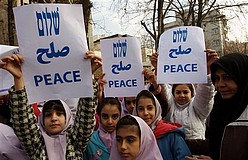 Readings
A Second Fateful Triangle (mbc)
God, Grievance and the Bomb (mbc)
Readings
A Second Fateful Triangle (mbc)
God, Grievance and the Bomb (mbc)
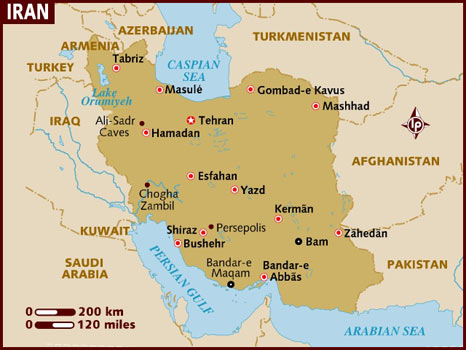
Other Readings and Resources
Lions and Roses Powerpoint
Lions and Roses: An Interpretive history of Israeli-Iranian Relations (Marsha B. Cohen's Doctoral Dissertation)







